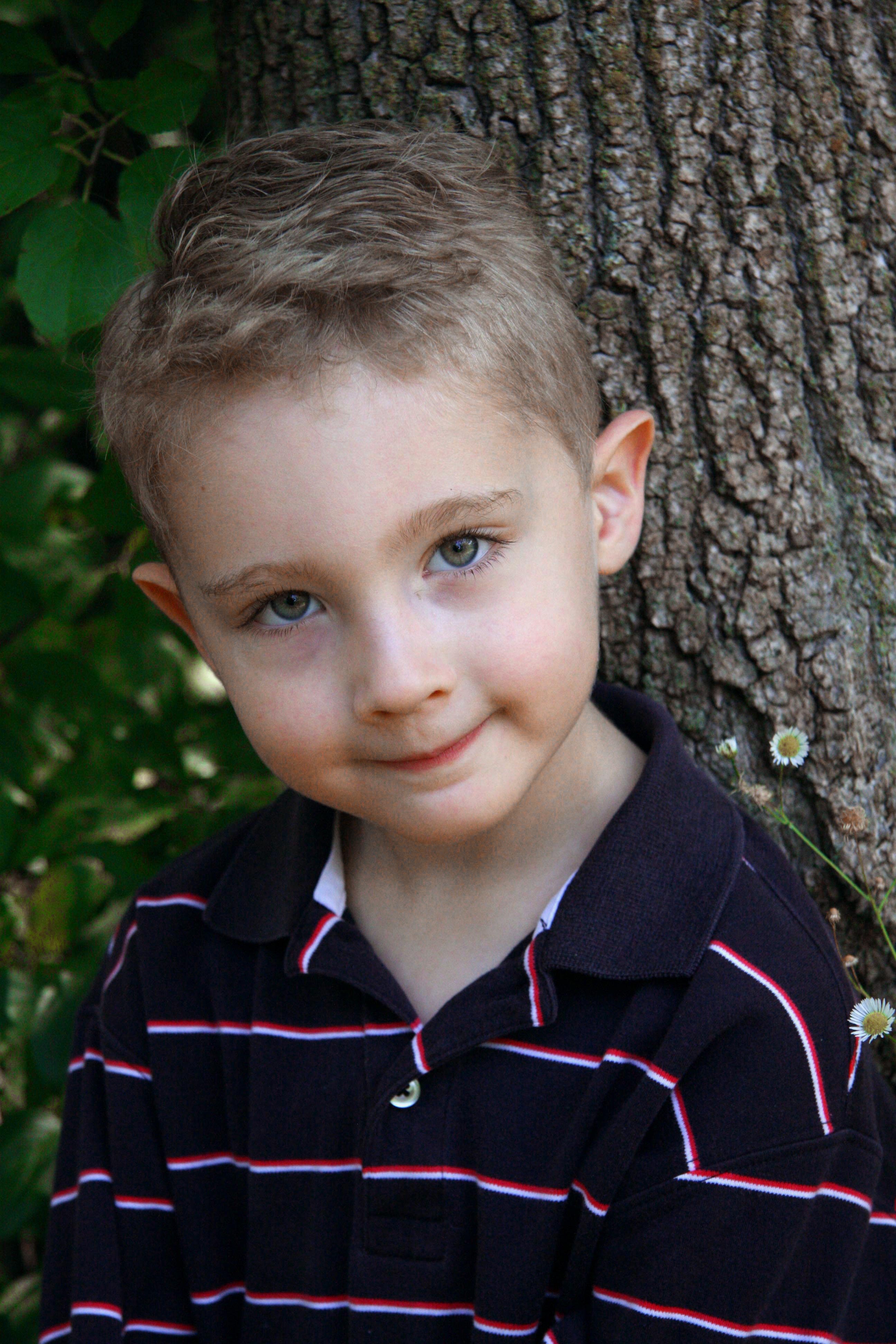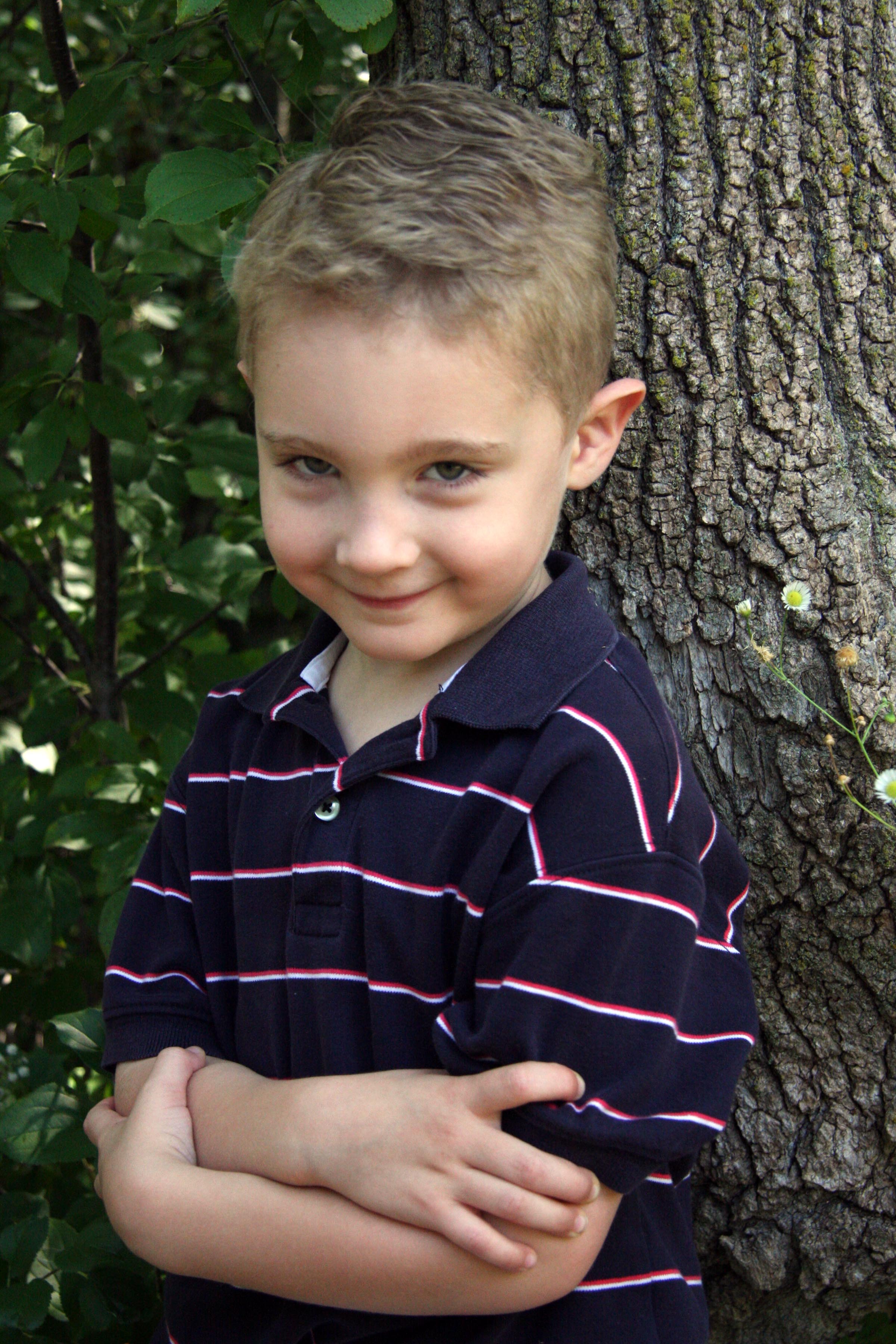By Steven Elbow, The Capital Times, posted Nov. 1, 2009
Tyler Mills finally got what he wanted: a mental defect that carries some weight in court.
The 30-year-old state prison inmate last week was found not guilty of a crime because of defects caused by his exposure to alcohol when still in the womb. Experts who track court cases involving fetal alcohol spectrum disorder (FASD) say it’s the first time in Wisconsin a defendant has won a not-guilty verdict because of the array of physical and mental defects caused by alcohol use by pregnant women.
And some think it could open the door to a more enlightened approach to dealing with criminal defendants suffering the effects of the disorder. Todd Winstrom, formerly an attorney for Disability Rights Wisconsin, the state-appointed advocacy group for disabled individuals, says the case sets an important precedent.
“Fetal alcohol has actually finally achieved some legal recognition in Wisconsin as a condition that could lead someone to be found not guilty by reason of insanity,” says Winstrom, who for years tried to get jails to provide Mills with the psychological and medical treatment he needed. “The hope that this gives me is that the system now will respond to Tyler and hopefully to others like him with a n approach that’s grounded more in an understanding of the disorder and some attempt to provide treatment and intervention rather than corrections and punishment.”
For Mills, its a hard-won personal victory that comes after years of disappointment.
“I think it was my stubbornness that paid off,” he says.
In early 2008, Mills was being passed from jail to jail in counties where he had committed a string of petty financial crimes, mostly stealing credit cards. He says a man he met in a federal corrections halfway house led him on the crime spree. But the charge that landed him his current seven-and-a-half-year prison sentence was child enticement. The charge stemmed from Mills’ attempt to meet up with a 14-year-old girl he met on the Internet, whom he later discovered was a police officer conducting an Internet sting operation.
An Eau Claire County jury in that case found that while his fetal alcohol defects constituted a mental disease, they didn’t cause him to commit the crime. Last week Mills appeared in Pierce County court to answer to two charges of identity theft, both for stealing ID cards. In a deal struck between his attorney and prosecutors he agreed to plead guilty to both charges. But the district attorney agreed to stipulate that on one charge he was not guilty by reason of mental defect. The judge ordered three years of commitment by the state Department of Health Services to be carried out concurrently with his current sentence, which will likely mean he will go to a mental hospital.
He’s currently appealing his Eau Claire County conviction, but if he fails he will have to spend another two years in prison to finish off his sentence in that case in addition to his mental commitment. In itself, Tyler Mill’s plea hearing was an insignificant court event, one of thousands of plea deals reached every year in Wisconsin courts. But for defendants with fetal alcohol spectrum disorder, which some estimate make up thousands of Wisconsin prison inmates, and their advocates, it’s a ray of hope.
The resolution would have had more impact as a precedent if it had been decided by a judge or a jury, rather than being the result of an agreement between attorneys. “It would have been better had it been on record in terms of a ruling,” says Natalie Novick Brown, a clinical psychologist at the University of Washington’s Fetal Alcohol and Drug Unit. But she says that because a judge endorsed the defense argument that Mills was not guilty because of fetal alcohol spectrum disorder, “We still regard it as a foot in the door.”
Brown says recent years have seen an increased volume of case law dealing with fetal alcohol issues, mostly death row cases such as a recent Nevada case where the perpetrator was spared the death penalty. One case involving a Louisiana death row inmate was even considered by the U.S. Supreme Court, but the court eventually denied review.
“The fact that there is growing awareness in the legal system is positive,” says Novick Brown, who spends much of her time supporting the cases of criminal defendants with FASD and who has testified on behalf of Mills during his trial. The resolution of Mills’ case, she says, “is just another indication that people are paying attention to FASD as a legal argument.”
But the attorney who struck the deal on Mills’ behalf, Liesl Nelson of Hudson, questions the value of the case as a precedent. “I don’t know that it necessarily throws the door open for the next guy that comes along,” she says. But Nelson praised Pierce County District Attorney John O’Boyle, who didn’t return a phone call seeking comment, for going along with the agreement.
“I really respect a prosecutor who finally looks at this and goes, ‘Let’s do the smart thing here,'” she says. “I really give him a lot of points for that because nobody else has been able to do that yet, to say, ‘Let’s try smarter, not harder.'”
A Capital Times story in May 2008 chronicled Mills’ odyssey through the criminal justice system at a time when his appalling behavior in jails usually got him thrown into solitary confinement, which typically inspired even worse behavior. He infuriated prison officials by creating scenes, attempting suicide, spreading food and feces on the wall of his cell. He has a compulsion for eating objects like tooth brushes, razor blades and pencils, and on at least one occasion jail officials refused to provide medical treatment for complications from objects lodged in his stomach.
Mills had been facing more than 100 years in possible prison time mostly for petty financial crimes. Most of those cases have been resolved, many of them dismissed because of the time and expense it would have taken to prosecute them. Only the Pierce County case remained.
“It was the last chance he had to persuade someone that his fetal alcohol was an important factor,” says Nelson, his attorney. “That was a huge moment for him, to have somebody acknowledge that.”
It is still unclear when Mills’ mental commitment would start. He was taken from Pierce County to the Wisconsin Resource Center, the Department of Corrections program facility where he spent the last year. The center gave Mills a job, put him in classes and kept him busy every minute of the day, providing a rigid daily structure that is the only way many with fetal alcohol spectrum disorder can function. Most experts consider solitary confinement to be one of the worst possible punishments, but one Mills is all too familiar with.
As his Pierce County case wound down, the Department of Corrections was on the verge of sending Mills back to the general prison population, where if his past is any guide he would undoubtedly act out, and once again find himself alone, staring at the wall of a cell.
Nelson says after the Department of Corrections and th e Department of Health Services hashes out the details, they’ll likely send Mills to a mental treatment facility. The Corrections Department would be crazy to want him, she says. Placing him back in prison where there are no resources to deal with his behavior problems would be punishment not only to Mills, but to corrections personnel as well.
“They just don’t have the resources to deal with him.”

 Click
Click 
